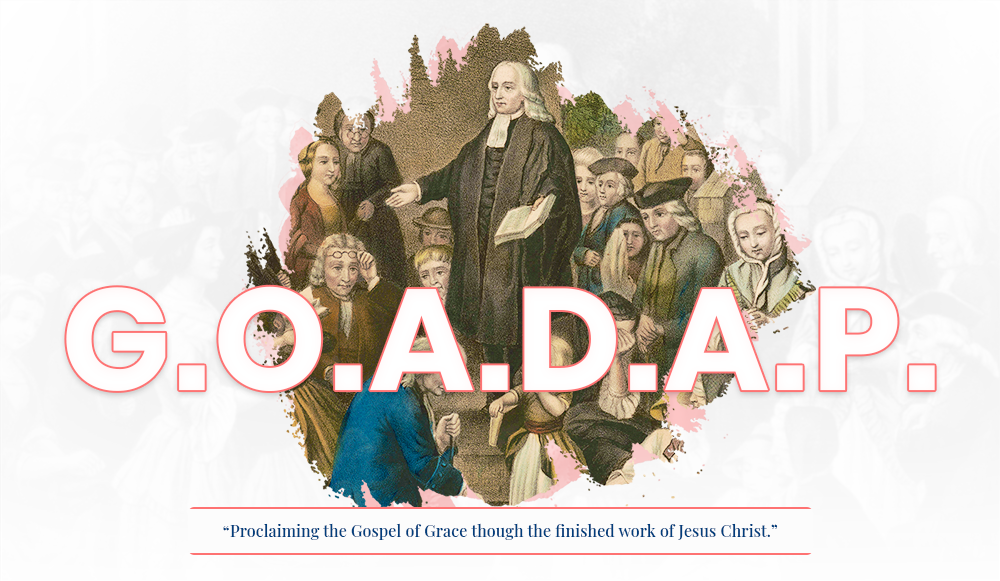
This will be helpful in guiding conversations with your doctor about your symptoms. Don’t give up on your search to find an integrative treatment that works for you. Our Resource Library is another great place to find information on these treatments. Reviewed for accuracy by the American Migraine Foundation’s subject matter experts, headache specialists and medical advisers with deep knowledge and training in headache medicine. No content on this site, regardless of date, should ever be used as a substitute for direct medical advice from your doctor or other qualified clinician.
Cluster headaches

There is even some debate about whether alcohol itself or another chemical component in alcoholic drinks acts as the trigger. This uncertainty makes it difficult for many people who want to responsibly enjoy alcohol during the holidays or on special occasions to effectively manage their migraine symptoms. Like food triggers, the likelihood of a particular type of alcohol triggering a headache is probably different from person to person. If drug addiction you suffer from migraines, talk with your doctor about how alcohol may affect you.

Feel like you should be drinking less? Start here
If you find yourself struggling to stop drinking or recognize that you have symptoms of alcohol use disorder, it’s important to reach out for help. Tannins are naturally occurring compounds (called polyphenols) found in grapes, certain fruit juices, and beer. People who suffer with cluster headaches are particularly sensitive to dark beers, according to Dr. Aurora. According to Dr. Kevin Moore, PsyD, an addiction specialist, alcohol fools your body into thinking that you’re drinking water, but in reality, alcohol actually poisons the brain cells. You’ll record if you’ve had a migraine, and you’ll list your symptoms. This can help you find your triggers so you can discuss them with your doctor.
- Other symptoms can include food cravings and difficulty concentrating.
- Consequently, it seems likely that people with migraine to some extent avoid alcohol, which would be one interpretation of our results.
- Understanding ways to treat an alcohol-induced migraine attack already in progress and prevent one altogether can be empowering.
- Apramita Devi is a postdoctoral researcher in food science and technology at the University of California, Davis.
- We asked these experts what a person who struggles with migraine would expect if they stopped drinking, and the answers were varied.
Why does alcohol cause headaches?

Determining if alcohol is the true reason behind an attack can be a murky subject since alcohol ingestion can result in “hangover” headaches in many https://ecosoberhouse.com/ people, even those who don’t suffer from migraines. For those with alcohol-triggered migraines, even a small amount of alcohol can launch an attack. Analysis of the 22 included studies revealed 5 cohort studies 36, 45, 52, 55, 58, 11 cross-sectional 26, 27, 44, 46–48, 51, 56, 57, 59, 60 and six case-controls 49, 50, 53, 54, 61, 62. Of the cohort studies, two 36, 66 received fewer than 8 “yes” answers, therefore according to the assessment criteria from the Methods section above, these were assessed as having moderate risk of bias. The majority of cohort studies were within the range of 3–7 points, thus receiving a high risk of bias 52, 55, 58. A detailed description of risk of bias assessment for the cohort studies is presented in Table 3.
- The American Migraine Foundation Resource Library provides a wealth of articles designed to assist you in understanding your symptoms and treatment options.
- Sulphites are often blamed for causing headaches too (though not migraines specifically),9 and white wine usually contains higher levels of sulphites than red wine.
- Understanding the dietary triggers of headaches can empower you to make informed choices and find relief.
- Learn more about the short-term and long-term effects of alcohol.
- Dehydration is a common and easily overlooked trigger for headaches, particularly tension headaches and migraines.
Similar articles

“Some patients with migraine are particularly susceptible to dehydration,” she says. You also put yourself at a higher risk of an immediate alcohol-induced headache, which may put a damper on your evening. By taking proper precautions alcohol triggers migraines before alcohol consumption, you can avoid symptoms such as a hangover the following day. You also reduce your chances of more serious problems such as alcohol poisoning. If either or both of these things are migraine triggers for you, gin could trigger a migraine attack.
- Diagnosis usually involves a healthcare provider collecting a medical history, performing a medical and neurological exam, and performing blood and urine tests.
- Then, we added the suspected inhibitors – quercetin, as well as some other phenolics we wanted to test – to see whether they slowed the process.
- A well-hydrated person is the least likely to experience headaches or to have the least intensity of headache,” Moore says.
- The exact mechanism behind this observation may indicate that migraine leads to alcohol-avoidance rather than alcohol having a protective role against migraine.
- Migraine is more common, affecting around 12% of people in the United States.
- As mentioned in the discussion above, alcohol consumption assessment is strongly based on patients’ honesty.
Study characteristics
In the assay, we measured how fast the enzyme ALDH breaks down acetaldehyde. Then, we added the suspected inhibitors – quercetin, as well as some other phenolics we wanted to test – to see whether they slowed the process. Sulfites have been a popular scapegoat for all sorts of ailments since it became mandatory in the 1990s to label them on wines in the US. Plus, tannins are in other products like tea and chocolate, which rarely cause headaches. But according to Waterhouse and Devi, the amount of milligrams of sulfites in wine — 20 milligrams in a single glass — are unlikely to be enough to overwhelm the body’s sulfite oxidases. Apramita Devi is a postdoctoral researcher in food science and technology at the University of California, Davis.
Recent Articles
While the link between alcohol and migraines is not definitive, certain types of alcoholic drinks have been reported to be more likely to trigger migraines in some individuals. Red wine is often cited as a potential culprit due to its higher histamine content. Histamine is a compound that can dilate blood vessels and contribute to headache and migraine symptoms. However, it is crucial to recognise that triggers for migraines can vary greatly from person to person, and what causes a migraine in one individual may not affect another. Different studies report different findings on which type of wine triggers the most migraine attacks.
- A total of 7877 people with migraine registered to use the headache app from October 2014 to March 2018.
- Identifying your specific food and drink triggers is a key part of any migraine prevention and treatment plan.
- If you’ve identified alcohol as a trigger for your migraine headaches, avoiding it altogether is probably best.
- Some studies have reported that alcohol can trigger a migraine headache in people who are sensitive to it in as little as 30 minutes — or it could take 3 hours.
- Whenever one comes on, jot down what you last ate, how much sleep you got, what the current environmental factors are, and anything else that may help you to find out what the cause is.
- This article will explore the relationship between alcohol and headache and consider why some people develop an alcohol headache after one drink.
Learn more about the relationship between migraine and family planning. Substances such as sulfites, histamine, and tyramines are found in alcohol and may contribute to headaches as well. It has also been proposed that alcohol triggers an inflammatory response that can lead to a headache. People who cannot stop drinking should talk with a doctor about treatment for alcohol use disorder, which is a serious but treatable condition.
The exact mechanism behind this observation may indicate that migraine leads to alcohol-avoidance rather than alcohol having a protective role against migraine. However, there is a need to conduct further studies related to primary headaches and alcohol consumption with low risk of bias. Additionally, patients and physicians should consider the latest medical knowledge to avoid perpetuating the myths about alcohol consumption and primary headaches. Additionally, it would be useful to check whether migraine patients enjoy the advantages or disadvantages of less drinking.

.jpg)
.jpg)